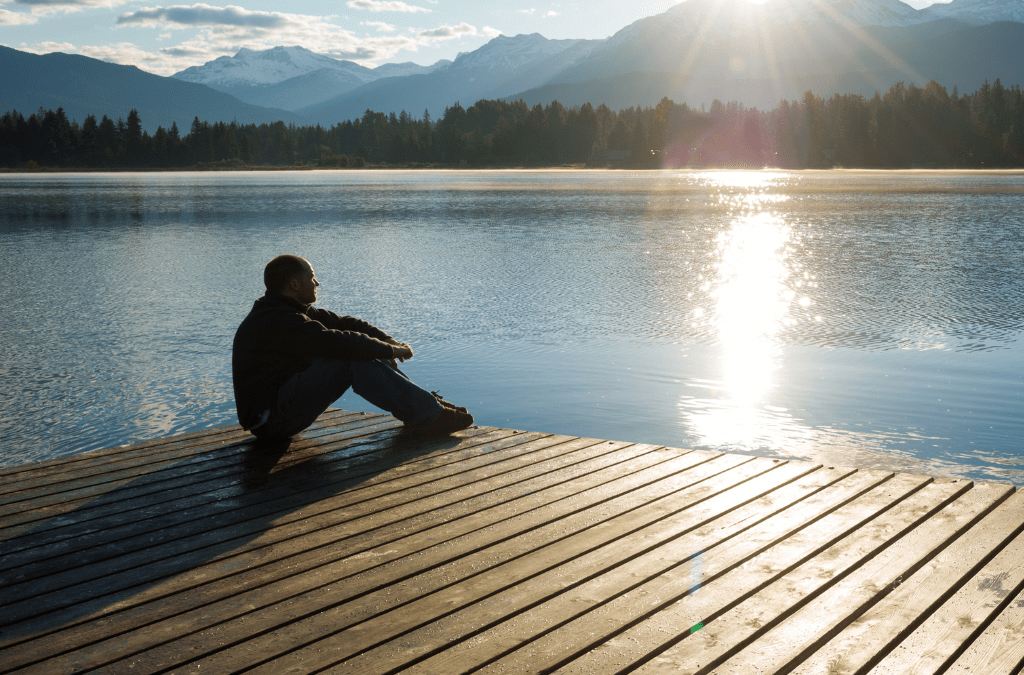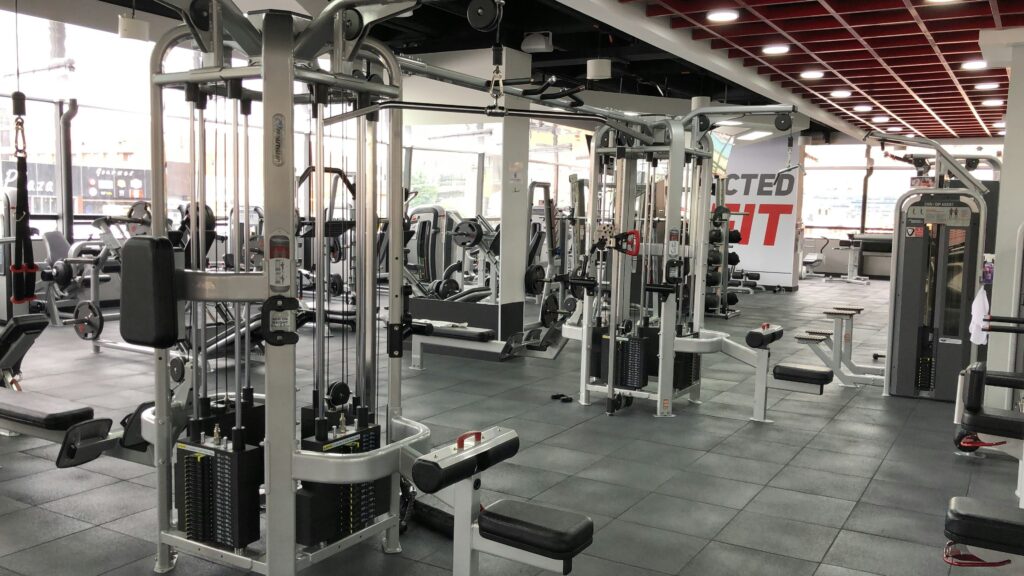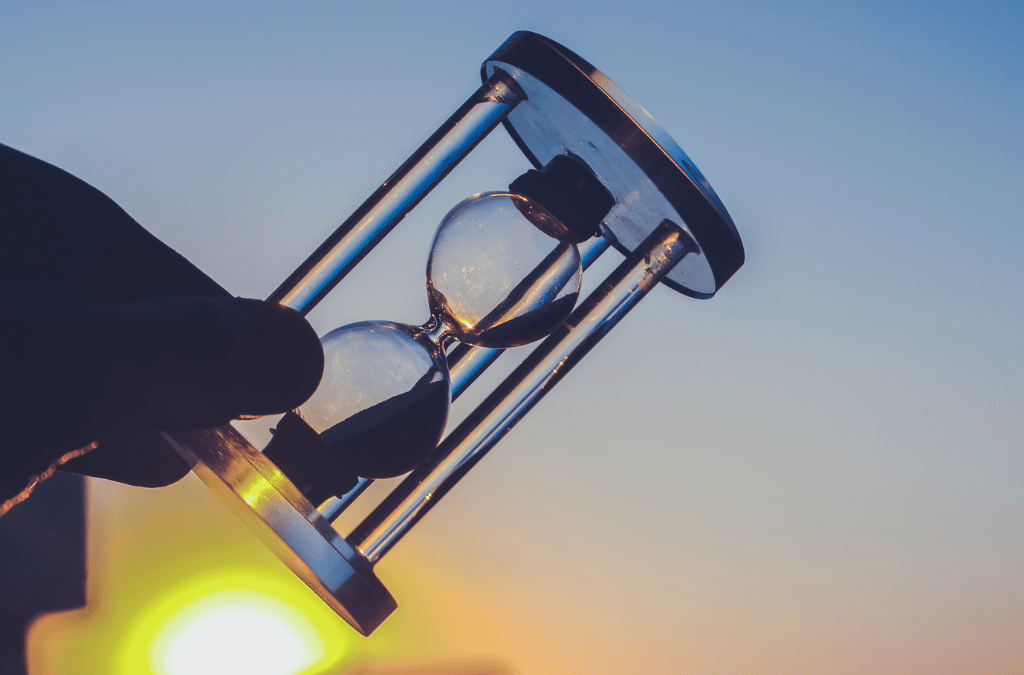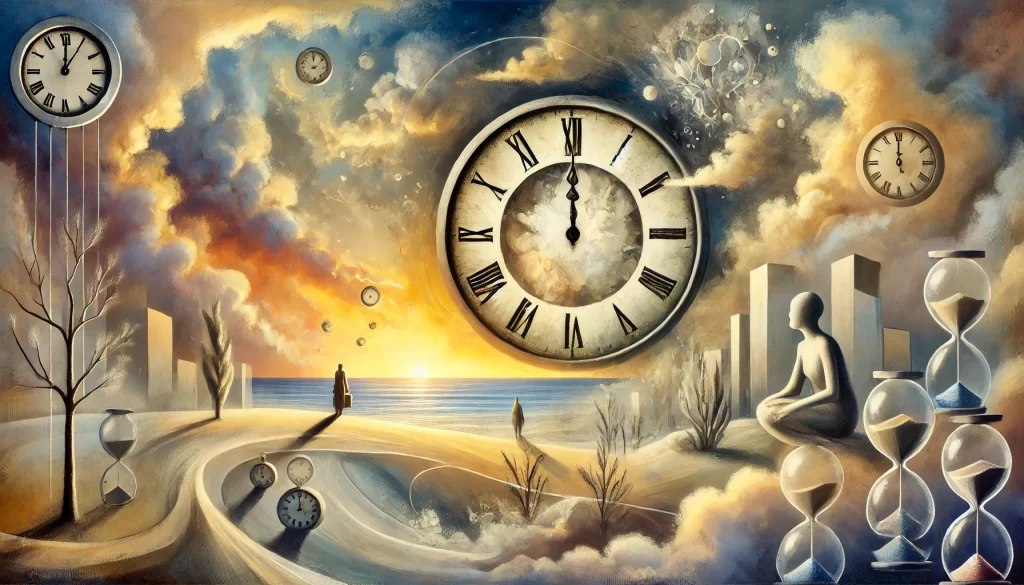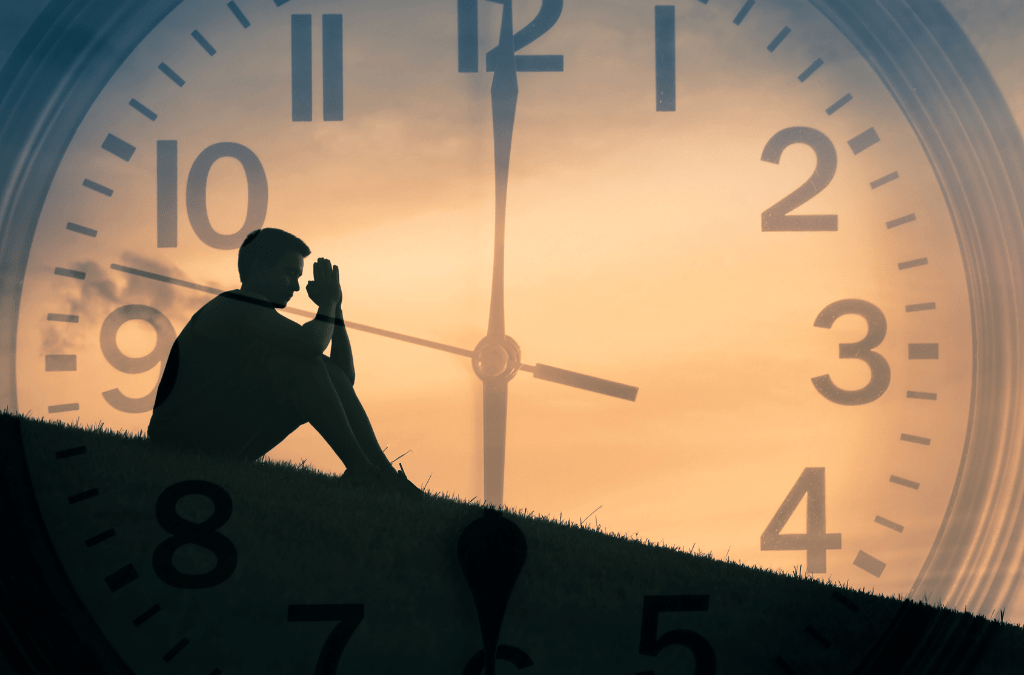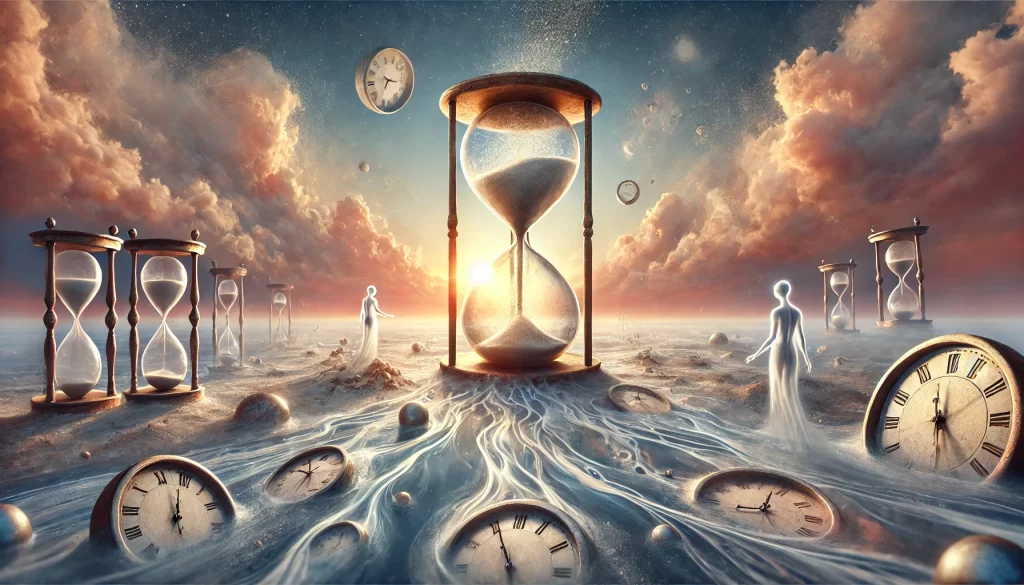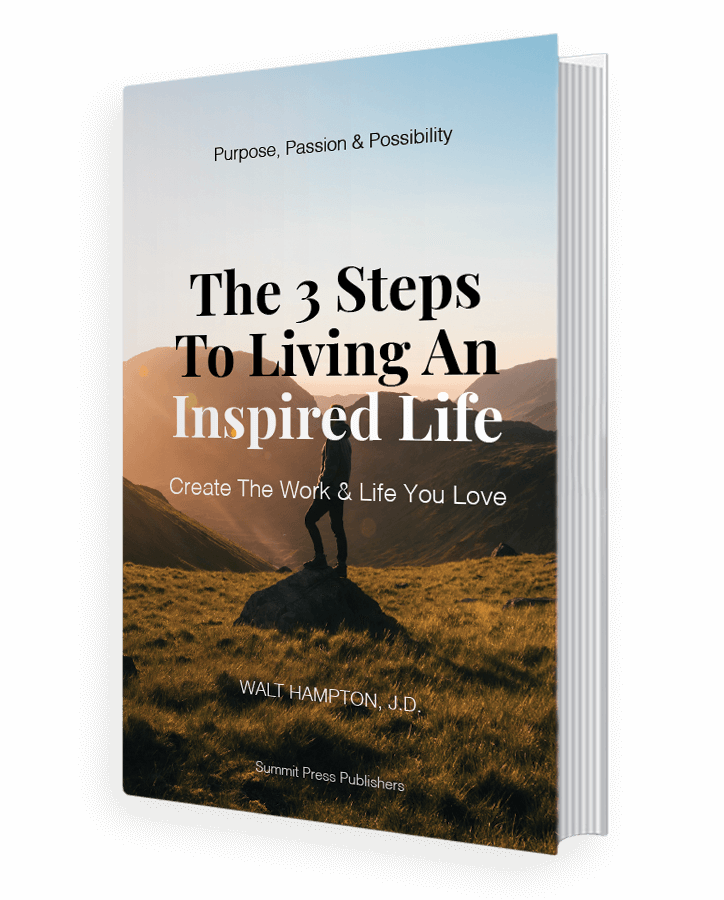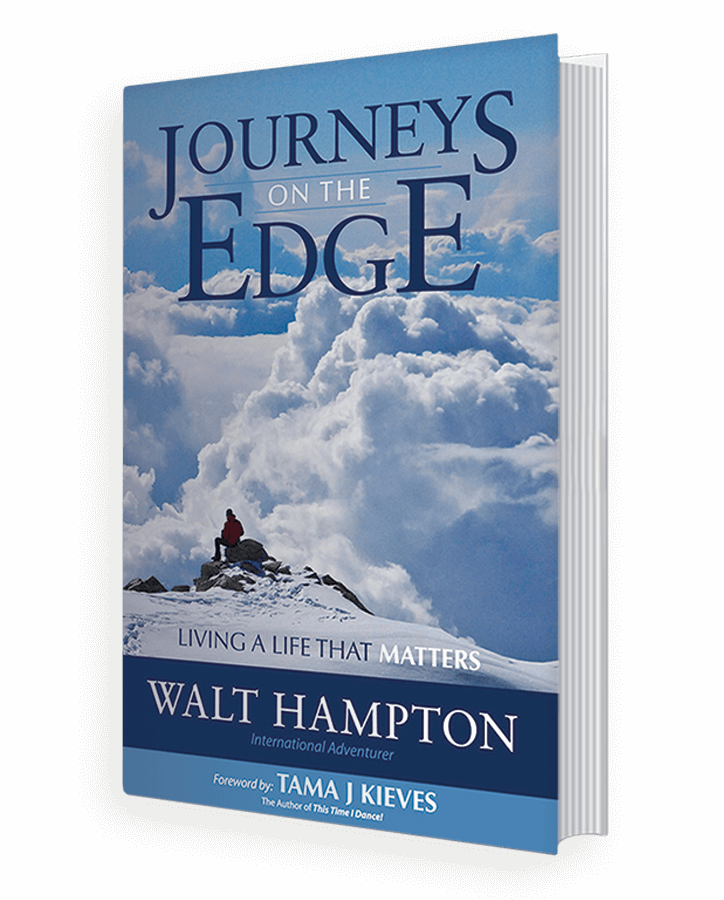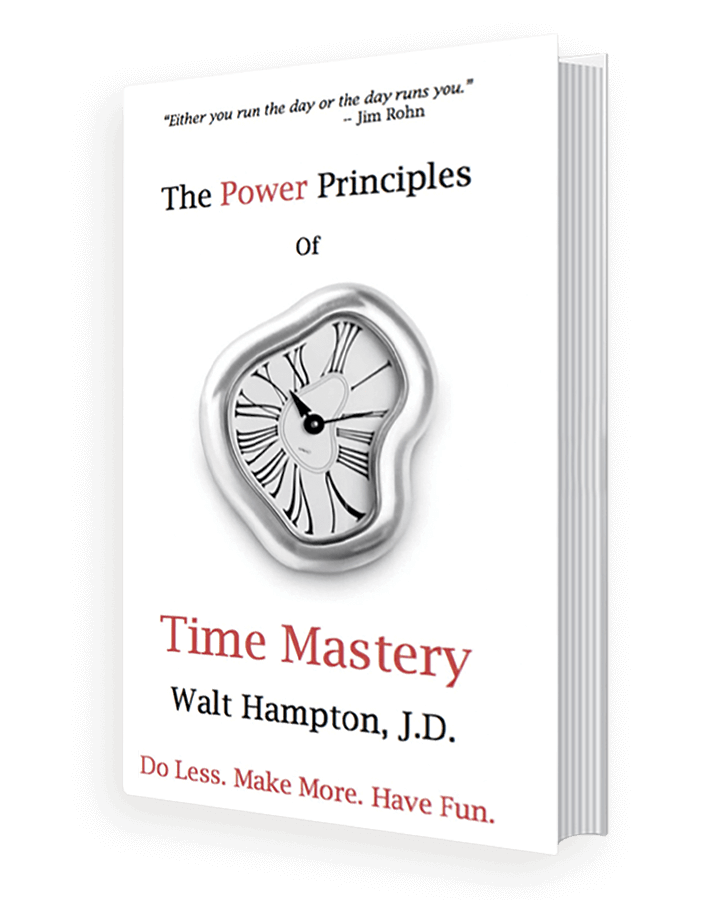In life itself, there is a time to seek inner peace, a time to rid oneself of tension and anxiety. The moment comes when the striving must let up, when wisdom says, “Be quiet.” You’ll be surprised how the world keeps on revolving without your pushing it. And you’ll be surprised how much stronger you are the next time you decide to push.”
— John Gardner
I was moving forward at warp speed. As I do.
Then I stopped.
Not because I really wanted to. But because I had promised myself I would.
I returned once again last week to a remote retreat. To rest; to re-create; to renew. (I set as my intention to do this four times a year.)
Going off the grid can be tough duty for an achievement and adrenaline junkie like me.
But what I know for sure is that the stopping is essential to the going.
We – all of us – are bombarded by inputs, demands, and expectations. We’re inundated with voice mails and text messages, emails, and faxes. Everyone and everything competes for our attention. And with our “smart” phones, we’re always “on.”
One day melds into the next as we labor under our self-imposed illusions that if we can but accomplish just a little bit more, pack in just a little bit more, respond to just one more request, satisfy just one more client, cart the child just one more place, complete one more task, then we’ll be able to rest.
Culturally – and individually – we’re weary. At the end of the day, most of us feel worn pretty thin.
We forget how important – how essential – renewal is.
Rest days are a key component of high-altitude mountaineering. Recovery is a critical piece of athletic training.
Bears hibernate; trees go dormant. The natural world knows how to rest. The seasons have a rhythm to them. We not so much.
We keep on pushing on.
I finished on wonderful book while on retreat: Life Entrepreneurs by Christopher Gergen and Gregg Vanourek. It resonates so profoundly with the work I do: empowering extraordinary living. Its essential message: “We can fashion a life that is purposeful, self-directed, and aligned with who we truly are – providing us with opportunities for challenge, contribution, and fulfillment.” We get to design our lives. We get to choose.
It’s a hard-driving book filled with fascinating profiles of highly successful, remarkably creative leaders, innovators, and entrepreneurs. It explores all of the nuances of extraordinary lives. And it captures a core component of success, one overlooked by nearly all gurus, coaches, and achievement “experts:” the need to stop; to renew; to re-create.
Speed kills. “We ignore the basics of our physical, mental, emotional, and spiritual well-being at our own peril.” Make renewal “a cherished habit,” the authors say.
Not all of us need to go off the grid to a monastery for a week at a time (although I highly recommend it!). But there are practices and “habits” that you could explore that might allow for some breathing room. Here are some things that you might want to try:
- Turn off your electronics for a day (or even just an hour!)
- Explore a regular mediation practice
- Take a yoga class
- Do some aerobic exercise every day
- Walk in the woods or along the shore
- Avoid your email in-box in the morning
- Work in block time to avoid the interruptions
- Don’t multi-task (it doesn’t really work anyway)
- Take regular vacations, long weekends, and mental health days
- Learn to say ‘no’ more often
Even the smallest of self-care practices will make life sweeter.
The authors of Life Entrepreneurs remind us what John Muir once said: “I only went out for a walk and finally concluded to stay out till sundown, for going out, I found, was really going in.”
When you go in, you’ll find how much more there is of you to step out with – to share with the world.
All you need to do is stop.

